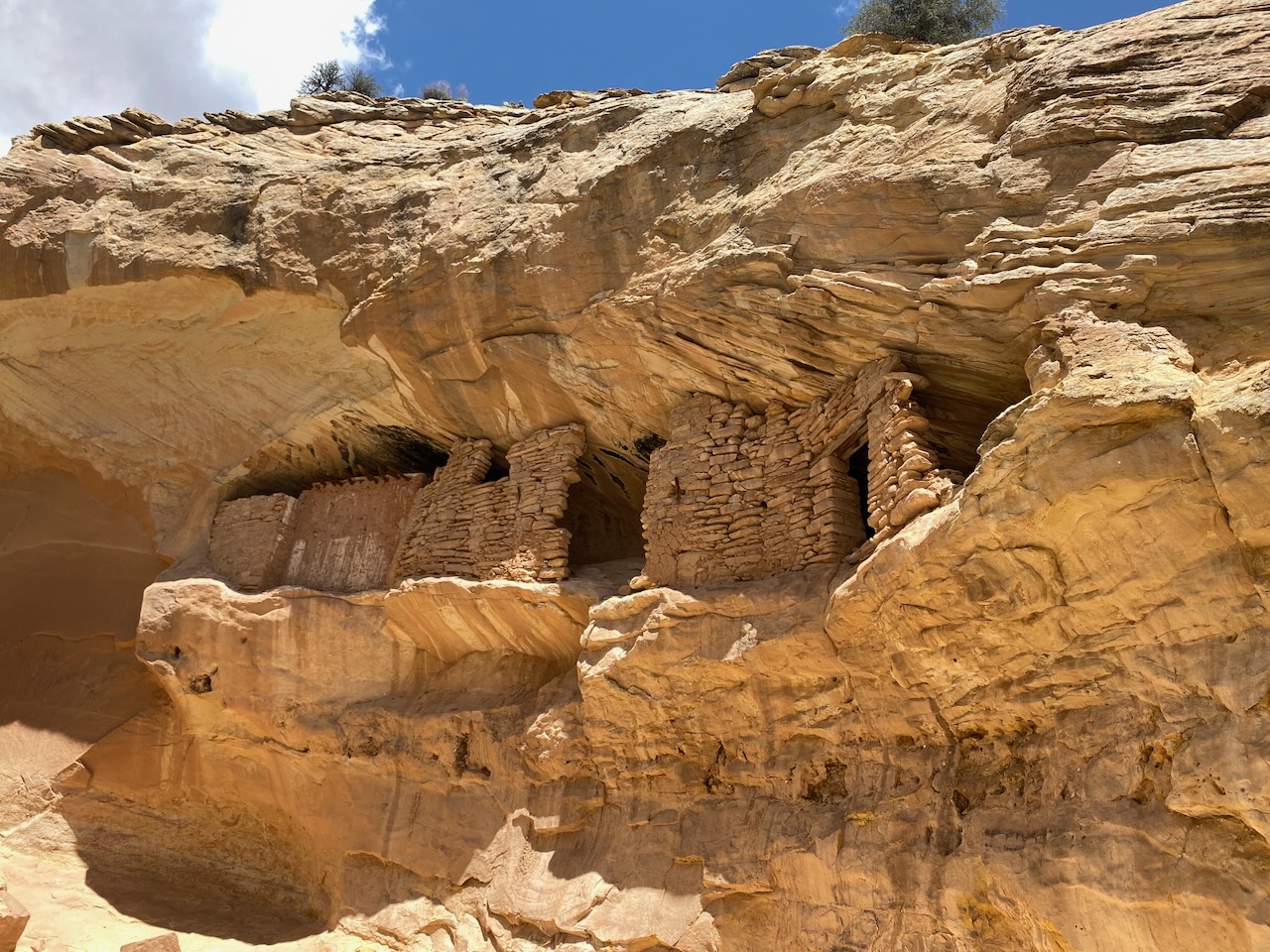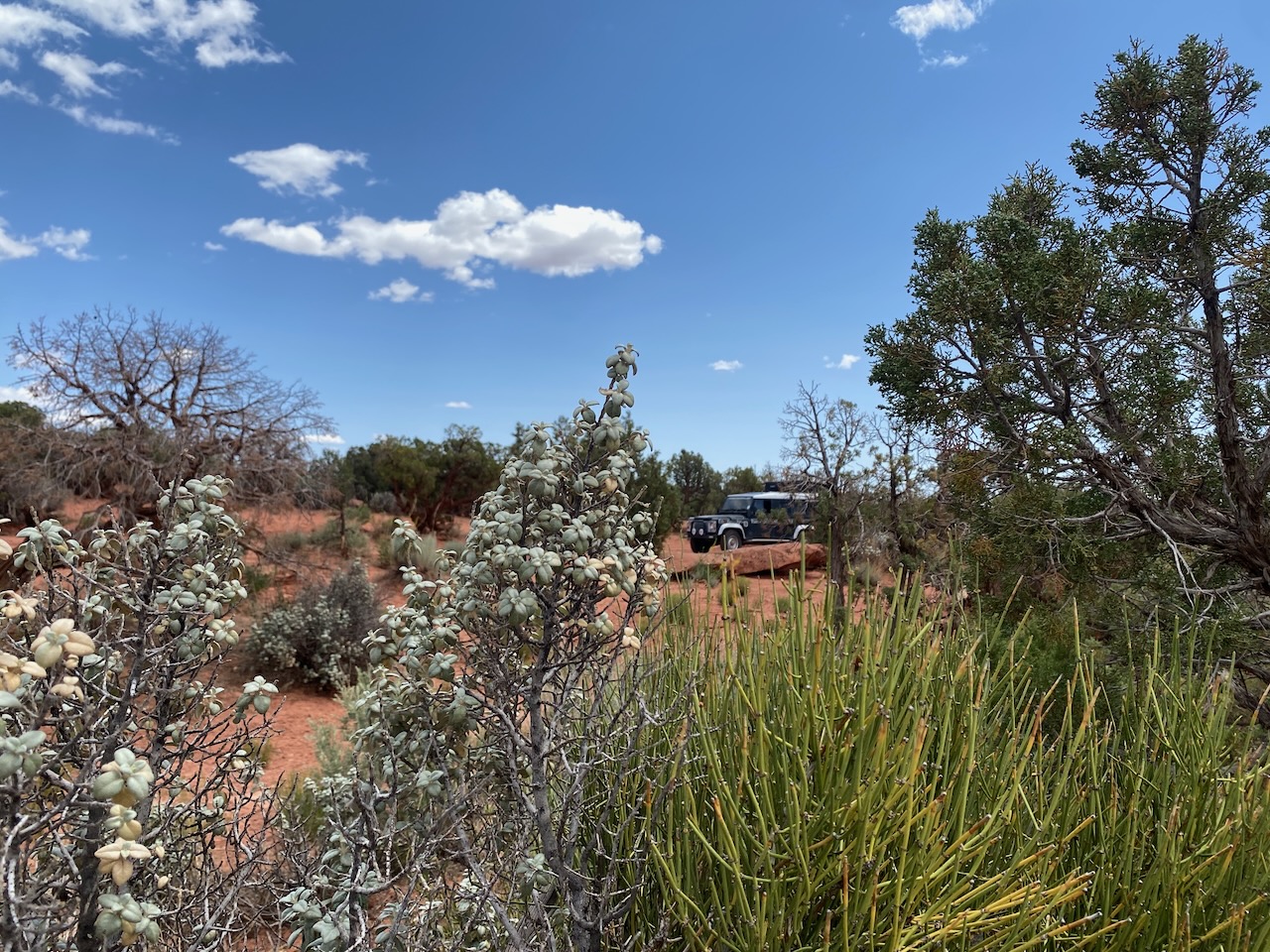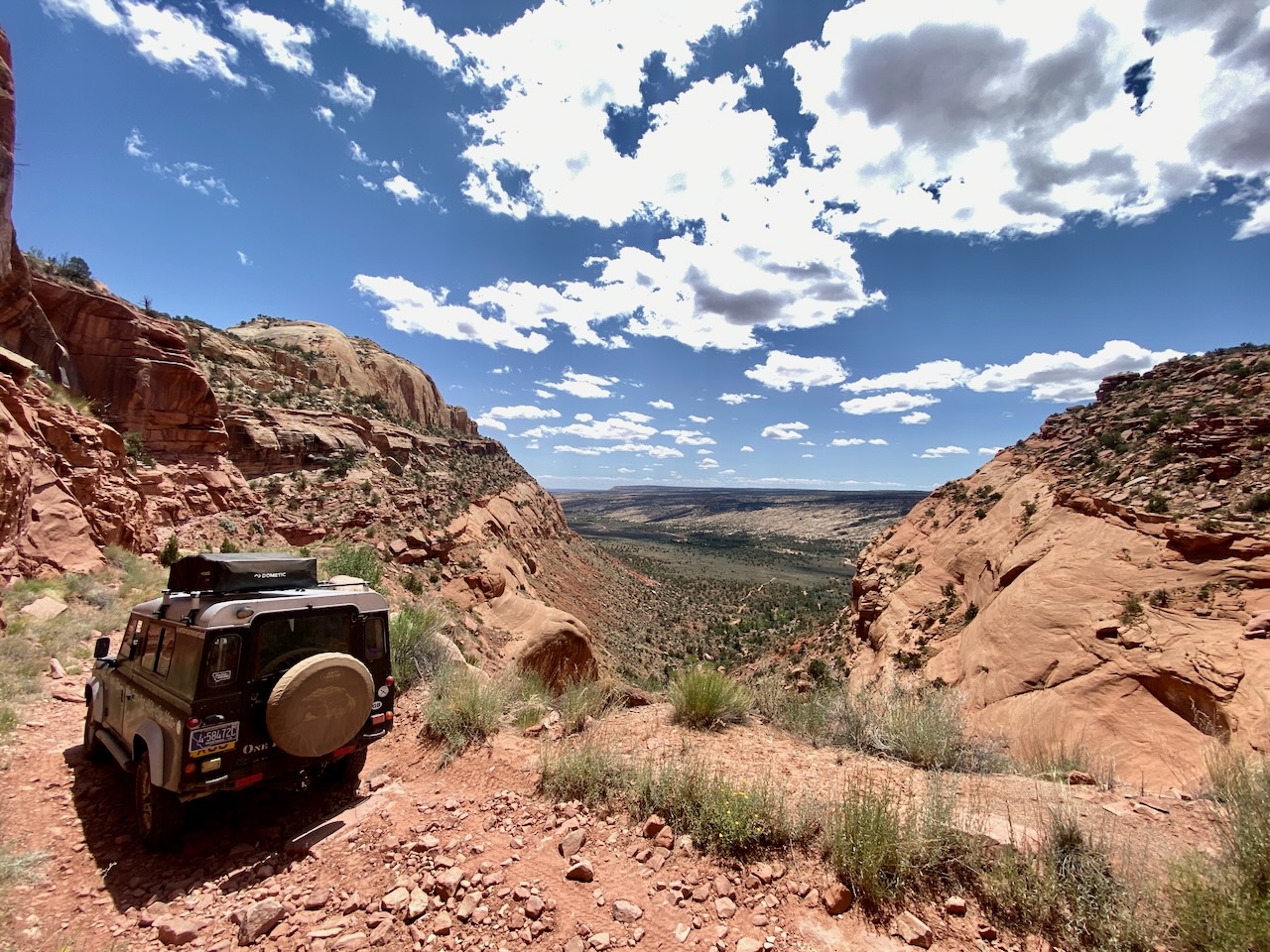In a significant development for outdoor enthusiasts and conservationists alike, the US Supreme Court has declined to hear Utah’s lawsuit seeking control over approximately 18.5 million acres of federal public lands within the state. This decision ensures that these lands remain under federal management, preserving their prevailing level of accessibility for activities such as off-road adventures, hiking, and camping.
Utah’s lawsuit aimed to transfer ownership of vast tracts of federal land to state control, arguing that local management would be more responsive to the needs of its residents and could enhance economic benefits through development projects. The targeted lands are currently managed by the U.S. Bureau of Land Management (BLM) and are utilized for various purposes, including energy production, grazing, mining, and recreation. Notably, Utah’s renowned national parks and monuments were to remain under federal oversight.

For the adventure travel community, particularly those engaged in off-road activities, the Supreme Court’s decision maintains the status quo of land management. Federal oversight by agencies like the BLM currently ensures that these lands are managed under the principles of multiple use and sustained yield, balancing recreation with conservation. Had the lawsuit succeeded, state control could have led to increased development and privatization, potentially restricting access to popular off-roading areas. Conservation groups expressed concerns that state management might prioritize economic gains over environmental protection, leading to degradation of natural habitats and loss of public access.
The Supreme Court’s refusal to hear the case was delivered without an accompanying opinion, a common practice for such decisions. Utah officials, including Governor Spencer Cox, expressed disappointment, stating that the decision does not address the merits of their arguments and leaves open the possibility of pursuing the case in lower courts. Conservation organizations hailed the decision as a victory for public lands. Steve Bloch, Legal Director for the Southern Utah Wilderness Alliance, emphasized that the lawsuit, if successful, could have resulted in the sale of millions of acres of public lands, effectively dismantling America’s system of federal public lands.

While the Supreme Court’s decision maintains current federal management, the debate over control of public lands is far from over. Utah’s leaders have indicated a commitment to continue their efforts, potentially through litigation in lower courts. For the off-road community, staying informed and engaged with these developments is crucial. Changes in land management policies can directly impact access to trails and recreational areas. Advocacy for responsible land use and participation in public comment periods on land management plans are ways enthusiasts can contribute to the preservation of off-roading opportunities.
The Supreme Court’s decision to deny Utah’s bid for control over federal lands is a pivotal moment for public land management, reinforcing the federal government’s role in overseeing these areas, not just in Utah, but across the American West. For overland adventurers, this outcome preserves the current landscape of accessible trails and natural areas. Collaborating with organizations dedicated to conserving public lands will ensure that the interests of the adventure travel community are represented in ongoing discussions about land management.
Read more: The Utah Traverse
Images: Stephan Edwards
Our No Compromise Clause: We do not accept advertorial content or allow advertising to influence our coverage, and our contributors are guaranteed editorial independence. Overland International may earn a small commission from affiliate links included in this article. We appreciate your support.


